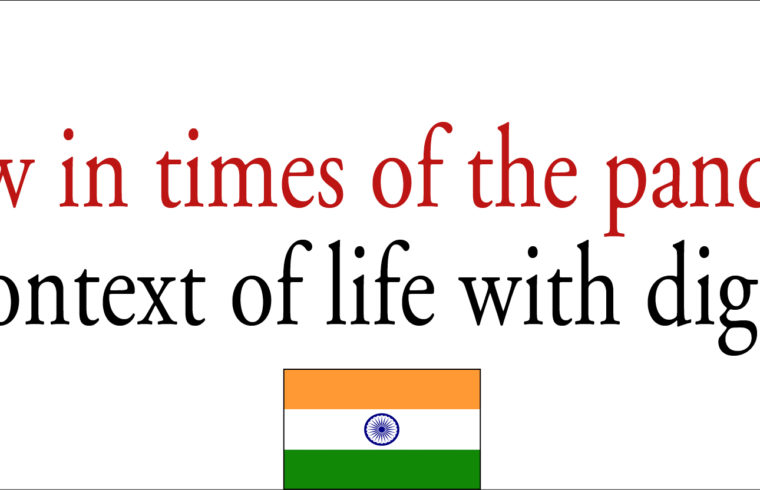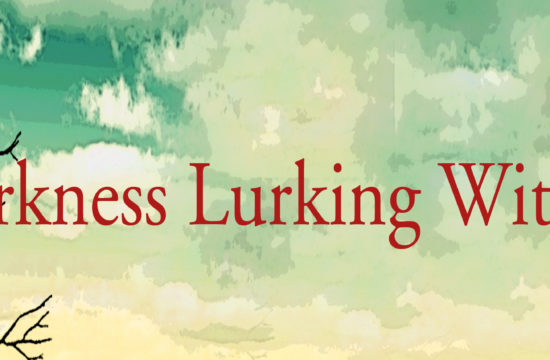Ragini Rao – Lawyer – INDIA
A patent is a limited-time exclusive right or set of rights awarded by the government to an inventor in exchange for the public disclosure of an invention. Business method patents, software patents, biological patents, and chemical patents are examples of patent classes. In general, patentability is determined by passing the following tests: patentable subject matter, novelty (i.e., something new), inventive step or non-obviousness, and industrial applicability (or utility).
Covid-19 was declared a pandemic on March 12th, 2020, and by April 9th, it had killed 81,580 individuals. Covid- 19 has also highlighted larger inequalities and bottlenecks in healthcare delivery, such as the potential impact of patents. Patents have the potential to have major effects for human health when it comes to medical advances, as seen in the Covid-19 case at several levels of healthcare delivery.
There is no better time than now, during the pandemic, to argue that the right to health, and thus the right to a dignified life, is far more vital than the right to copyrighted invention. In an open letter to the World Health Organization, leaders of state and others said, „Our world will only be safer when everyone can benefit from research and acquire a vaccine – and that is a political problem“ (WHO). Now is not the time to put the interests of the world’s wealthiest firms and governments before the universal duty to save lives, or to hand over this enormous moral responsibility to market forces.“ It’s also a question of law.
In a patent dispute involving the right of access to medicine and the right to property, the judge must be the sentinel on the qui vive, literally qui vive „Who shall survive“ or „Whose side are you on?“ Who has a more inflated sense of self-worth? Today, when even our survival as a species is dependent on who gets the treatment, I believe the right to life is more vital.
The public interest is not an either-or position in India’s Patents Act. The General Principles of the Act, which govern the operation of patented innovations, place a strong emphasis on public health. Compulsory licenses can be issued in the event of a national emergency or extreme urgency, and the government can purchase patents for public good. Similar provisions exist in every country, and both the North and the South have successfully applied them.
By lowering the threshold for determining non-obviousness, India ensured that incremental innovations did not get „canonized“ as patents, and its Section 3(d) stands out as a model for how to use the flexibilities to promote access to health. „We shall see how the Indian legislature addressed this concern and, in harmonizing the country’s patent law with the provisions of the TRIPS Agreement, strove to balance its obligations under the international treaty with its commitment to protect and promote public health considerations, not only of its own people but in many other parts of the world (particularly in Developing and Least Developed Countries),“ the Supreme Court of India said. In exchange for technology transfer and promotion of technical innovation, which benefits both, the owner and the user, as well as enhancing social and economic welfare, the state enters into a contract with the patentee to enforce and defend the patent rights.
Isn’t there a right to a living wage?
According to the patent rights holder, exclusivity is a reward for the information that their creation has delivered to the world. They must be given a chance to make up for their losses. „Money, money, money,“ as the Swedish pop trio ABBA put it. It is suggested that innovation will not emerge without monetary incentives. It is claimed that business owners have the right to maximize their profits. Furthermore, because the creator’s right is also a human right, it does not need to give way to the right to health.
The wording of the Agreement on Trade-Related Aspects of Intellectual Property Rights (TRIPS) includes social purposes such as health requirements and access to pharmaceuticals. However, no matter how good a covenant or instrument is, it will be destructive if those who administer it are not respectable. That covenant or statute, no matter how heinous it is, will be beneficial if those who enforce it are nice people. The intelligent judge is the one who creates a balance between these objectives.
The United Nations Human Rights Council has confirmed that human rights, such as the right to health, take precedence over commerce, intellectual property rights, and other bilateral investment or trade agreements. The importance of universal access to medicines as a fundamental human right is emphasized in Resolution, which states that increased access might save millions of lives each year.
Costa Rica established the COVID- 19 Technologies Access Pool (C-TAP) to make vaccines, tests, medicines, and other health technology available to the general public to battle the virus. This emphasizes how important accessibility is. A pandemic tragedy is certain if vaccines and other health technology are produced in industrialized countries and only available to individuals in those countries, and even within those countries, only to those groups who have access.
The Nagoya Protocol can be used as a tool. As a result, any COVID-related therapy and/or prevention that is commercialized can be said to be bound by this protocol and its benefit-sharing clauses.“ The Nagoya Protocol and its provisions involve sharing of gains arising from the use of genetic resources, which has been ignored „…in the continuing discussions on IP concerns and COVID.“
THE PATENT’S BARGAINING NATURE
When we look at the big picture, we can see a fundamental disconnect between intellectual property policy design and pandemic response policy requirements. Although patent law, when appropriately controlled, is a vital component of a well-designed national innovation system, the manner it promotes technological growth is uniquely unsuited to the emergency conditions of a pandemic or other public health disasters. Obtaining a TRIPS waiver for COVID-19 vaccines and treatments would thus set a favorable precedent for governments to utilize alternative, more direct approaches to support the development of novel drugs in times of crisis.
The fundamental bargain struck by patent law is this: in the long run, encourages the discovery of important new ideas while delaying their diffusion in the short term. The agreement’s second part, which imposes societal expenses, is based on a patent holder’s temporary exclusive rights, or monopoly advantages. Under US patent law, no one else can create or sell the patented product for a period of 20 years without the agreement of the patent holder. This allows the patent holder to keep competitors out of the market or take licensing fees from them before allowing them in, allowing it to charge customers above-market rates. As a result, patent rights limit output and raise prices, limiting the dissemination of breakthrough inventions.
In short, Covid-19 emphasizes the huge power that patent holders wield, and while many will exercise it wisely, others will not. Despite the enormous potential health and ethical consequences, patent law, as it is currently interpreted, arguably gives patent holders broad unconstrained control over how an innovation is used. Covid- 19 provides a critical chance to reassess the role of bioethics in patent law, which is both necessary and long overdue.
About the Author:
Ragini Rao graduated with Bachelor in Arts and Bachelor of Legislative Law from Mody University, Rajasthan, India. She has worked as a legal intern in the High Court of Delhi and High Court of Punjab & Haryana. Now, she is a Practicing Advocate in Punjab and Haryana High Court. Her prowess at writing case summaries is matched by her skills at writing Urdu and Hindi poetry. This unique combination helps readers immerse themselves in her words, be it prose or verse.











